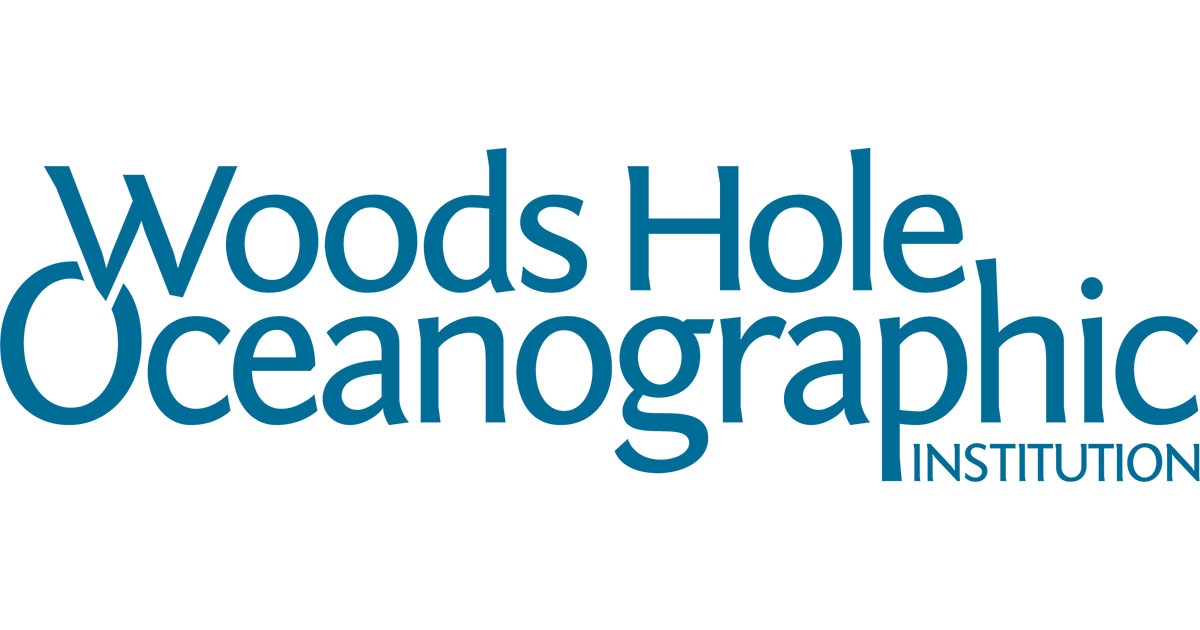Woods Hole Oceanographic Institution is currently searching for a Research Assistant to join the Biology Department. This is a regular, full-time, exempt position, and is eligible for full benefits. This position is available for a period of one year from the date of hire and is renewable depending on performance and funding availability. The preferred start date for this position is August 1, 2021.
We are seeking a highly motivated individual with prior laboratory experience to assist with Biodiversity research studies as part of the Ocean Twilight Zone project. The successful candidate will participate in both laboratory and field research at sea. Much of the work will involve DNA barcoding and metabarcoding and collecting and working with environmental DNA samples. Online application forms should be submitted with a detailed cover letter and full curriculum vitae that includes contact information for three references.
The internal working title for this position could be either Research Assistant II or Research Assistant III. The final level of the position will be determined commensurate with the selected candidate's level of education and experience.
ESSENTIAL FUNCTIONS:
- Carry out molecular protocols, including DNA extractions, PCR, qPCR, and gel electrophoresi
- Data organization, contributing to project reports, as well as providing administrative and logistical support as need
- Train other students and investigators in sampling and laboratory techniques
- Participate in field work, including research cruises
- Good troubleshooting skills, effective time management, attention to detail, ability to work independently, and effective written and oral communication skills
Research Assistant II:
- With some supervision, employs established laboratory procedures, standard equipment, and fundamental concepts to conduct research tasks determined by field of study and scope of individual research project.
Research Assistant III:
- With little supervision, applies a broad knowledge of laboratory principles, equipment, and procedures to the completion of moderately difficult assignments determined by field of study and scope of individual research project.
REQUIRED EDUCATION:
Research Assistant II:
- Bachelor's degree in related field, or Bachelor's degree in non-related field plus two years' related experience
Research Assistant III:
- Master's degree in related field, or Bachelor's degree in related field plus three years' related experience, or Bachelor's degree in nonrelated field plus five years' related experience.
DESIRED EDUCATION:
- Applicants should have a B.S. in Biology or related field (M.S. preferred), with a cumulative GPA of 3.0 or higher (official transcripts required), as well as excellent academic and professional references, and prior involvement in laboratory and field research.
The following background experience is particularly desirable:
- Molecular biology techniques (e.g., DNA extraction, PCR)
- Prior oceanographic cruise experience
Physical Requirements
Physical duties for this position include but are not limited to ability to lift less than 25 lb per day and carry up to 10 lb per day as well as reaching above and below the shoulders, stooping/kneeling, and climbing ladders/stools. Must have the ability to use hands for basic grasping/manipulation as well as fine manipulation. Visual abilities to include depth perception, ability to adjust vision to bring objects into focus, and ability to distinguish basic colors. The occupational requirements for this position are the ability to work with and around other individuals in a lab setting and at sea, as well as alone. Visual abilities of near vision needed as well having the ability to hear, respond, talk, and travel. May be exposed to hazardous substances or specimens. Physical duties are subject to change.
Sea Duty
May work at least 8 hours per day and, at times in excess of 12 hours per day, 7 days per week. Sleep and work hours can deviate from those on land. May be expected to work on watch schedule (such as 8 hours on and 8 hours off or 12 hours on and 8 hours off) for all or part of a cruise or to work as hours are needed to accomplish the planned work. May need to travel during holidays and for long distances to and from foreign ports. May experience rudimentary living and working conditions, with shared and basic living quarters and laboratories. May experience bad or extreme weather conditions, including heavy seas, winter weather or hot, tropical weather. Work on deck may occur in both hot and cold conditions around the clock. Sea conditions will lead to active ship motion. Should be able to climb steep and vertical ladders and able to enter and exit compartments through hatches, doors, and sills. Should be able to carry heavy gear and participate in the loading and unloading of the ship as well as in the activities on deck and in the labs during the cruise. Shipboard environment may include: confined areas, shared sleeping quarters (berths) and bathroom facilities, small and basic berthing, fixed meal times and basic menus. Modest levels of heating, cooling, ventilation, and illumination, limited or no email and internet access and limited off-duty and recreational facilities (library, lounge, movies). May be exposed to potential allergens and irritants, including paint fumes. May experience constant and intermittent loud noises, and slippery and uneven surfaces.





